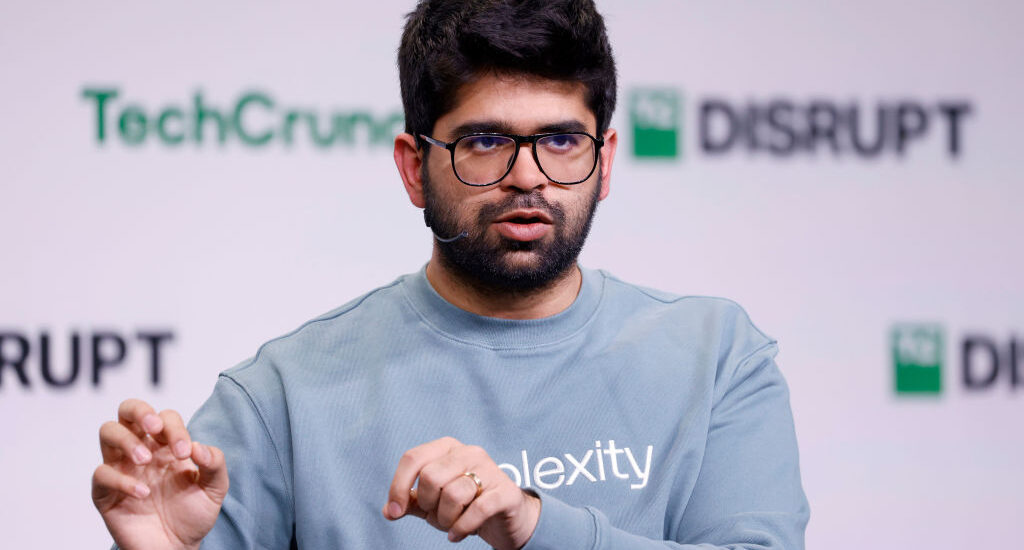Perplexity CEO offers to replace striking NYT staff with AI
- November 4, 2024
- Posted by: chuckb
- Category: TC Artificial Intelligence

Aravind Srinivas, the CEO of AI search company Perplexity, has stirred controversy by offering to provide services during a strike by the New York Times (NYT) tech workers. The NYT Tech Guild initiated their strike following months of unsuccessful negotiations, with workers demanding a 2.5% annual wage increase and the formalization of a current two days-per-week in-office work requirement, among other requests. The guild expressed dissatisfaction with the company’s refusal to agree to a fair contract and accused them of unfair labor practices.
The situation escalated as the tech guild went public with their stance, with unit chair Kathy Zhang stating that the decision to strike was a display of the power of their labor. The NYT’s publisher, AG Sulzberger, responded critically to the strike timing, which coincides with the high-stakes U.S. presidential election. He emphasized the importance of the NYT’s journalism during this time, suggesting that the strike posed a risk to the public service the Times provides.
As protests continued outside the NYT headquarters in New York, Srinivas’ offer to help maintain the outlet’s coverage drew significant backlash on social media. Many perceived his actions as an attempt to undermine the strike, labeling him a “scab”—a derogatory term for individuals who take over the roles of striking workers and thereby weaken their collective bargaining power.
Although Srinivas may have intended to ensure access to crucial election information—possibly aligning with a new initiative by Perplexity to provide election data—his offer to be a replacement for striking workers was met with significant disapproval. The relationship between the NYT and Perplexity has been tense, especially following the NYT’s cease-and-desist letter to Perplexity regarding the use of its articles for AI training.
This ongoing situation highlights the broader conflicts that can arise between labor rights and corporate interests, particularly in high-stakes environments like major news outlets during significant events. The strike and the resulting reactions underscore the challenges that labor unions face in negotiating fair agreements, as well as the implications of technological advancements on traditional media practices.
As developments unfold, the dynamics between the NYT, its workers, and Perplexity further illustrate the impact of labor disputes not just on the parties directly involved, but also on the public that relies on this information during crucial moments like elections.
